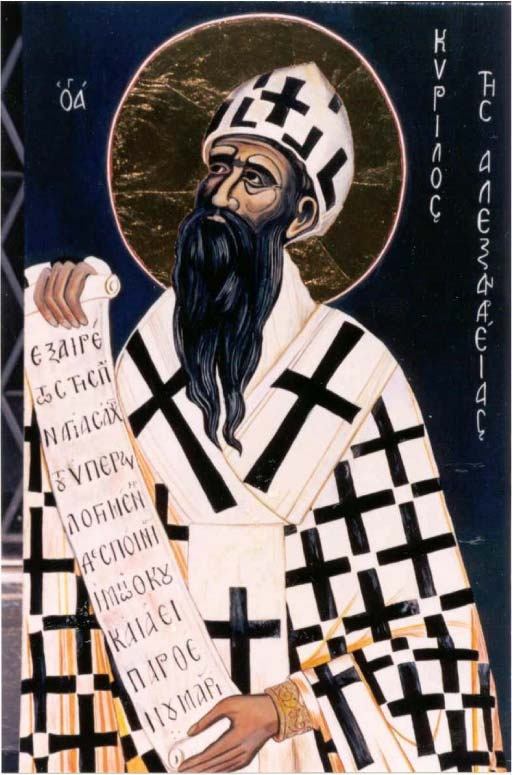Depends what whole thing you’re asking about.
The village widow comes up again in Kazantzakis’ Christ Recrucified, as the stand-in for Mary Magdalen: in traditional Greek society, a young widow was the only available sexual outlet for men—unmarried women were guarded by their fathers, married women by their husbands. So lots of barely repressed stuff there with the author.
The figure of Madam Hortense in Zorba is portrayed with indulgence and sympathy, as a sexual figure (as women often are in the novels), but also as a misfit, a stranger stuck in Greek traditional society. Certainly with a lot more sympathy than others. Captain Michael has a standin for Kazantzakis bring his Jewish wife back home to Crete, and the ghost of the grandfather tormenting her to her death. I think of Kazantzakis himself, flirting with Jewish women in Berlin in his 40s (“liebe Genossin”), and feel like retching.
That’s two “what’s the whole thing”s, but I’ll add if you get more specific, OP, and if I remember.
